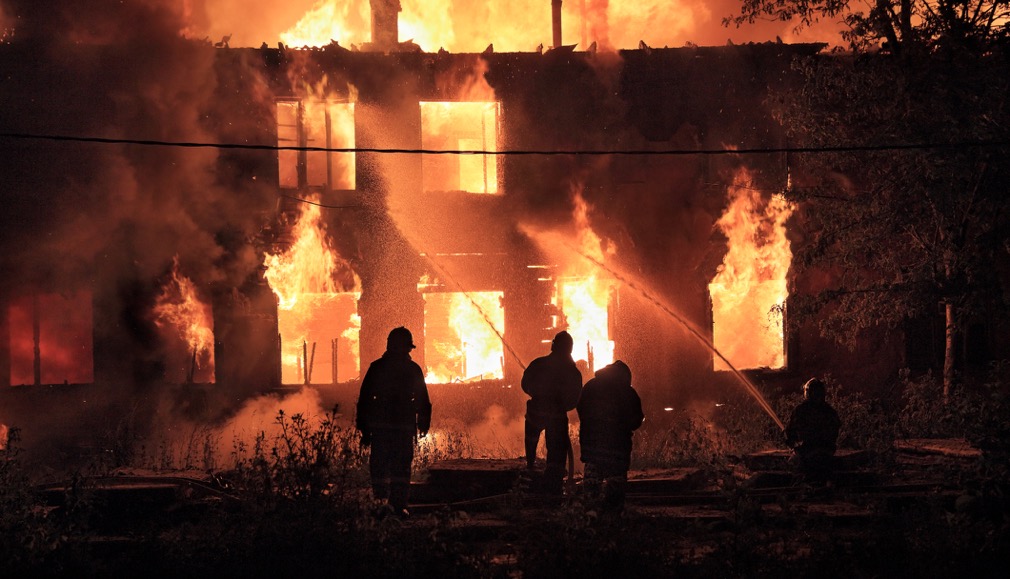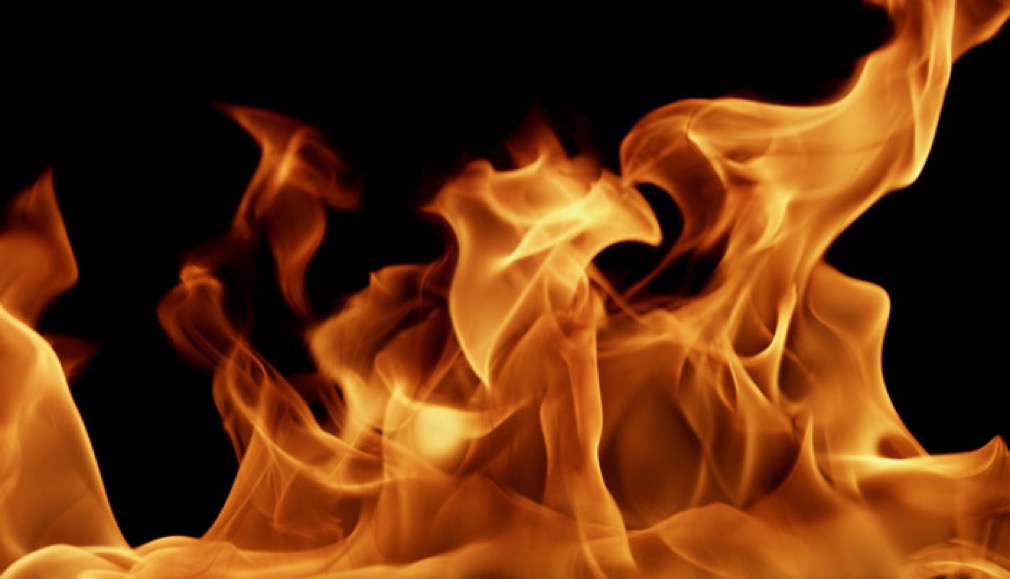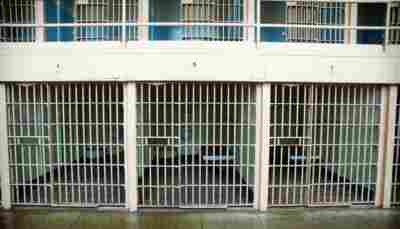What is arson? In Michigan, arson is defined as when someone willfully and/or maliciously sets fire to personal property. For example: if you find out your boyfriend cheated on you and set fire to his car to get revenge, you just committed arson because your actions were willful and malicious.

If you were doing a load of laundry without cleaning the lint filter and a fire started as a result, that isn’t arson because you did not willfully or maliciously set the fire.
[irp posts=”6244″ name=”Arson”]
However, you can be charged with it even if you set fire to your own property. People will sometimes do this in an attempt to collect insurance money. If that is the case, you may be charged with arson of insured property. Doing so is a felony.
Charged with arson? Unhappy with your current attorney? Request a free consultation now.
Degrees of Arson in Michigan
Depending on the property set aflame, a person can serve up to life in prison, up to 20 years in prison, or up to 10 years in prison. In lieu of or in addition to prison, a person can be fined no more than $20,000 or three times the value of the property, whichever is greater.
There are five degrees of arson which are listed below:
First-Degree
This crime is when he/she willfully or maliciously sets fire to:
- a multi-unit building where at least one unit is a dwelling,
- property and someone is physically hurt as a result, and/or
- a mine.
Second-Degree
This is when he/she willfully or maliciously sets fire to a dwelling or its contents.
Third-Degree
This is when he/she willfully or maliciously sets fire to:
- a structure or building or its contents,
- personal property that has a value of $20,000 or more, and/or
- personal property that has a value of $1,000 or more if the person has any prior convictions for arson.
Fourth-Degree
This is when he/she willfully and maliciously sets fire to:
- personal property that has a value of $1,000 or more but less than $20,000, and/or
- personal property that has a value of $200 or more if the person has any prior convictions for arson.
A person also commits fourth-degree arson if he/she willfully or negligently sets fire to a woods, prairie, or someone’s grounds or allows fire to spread from their own woods, prairie, or grounds to another person’s property.
Fifth-Degree
This is when he/she intentionally sets fire to:
- personal property value that has a value of $1,000 or less. An individual can also be charged for fifth-degree arson if the person has any prior convictions for arson.
Charged with arson? Unhappy with your current attorney? Request a free consultation now.
What Are The Penalties?
The penalties are most severe for first-degree arson and least severe for fifth-degree arson. Below are the penalties for each charge:
First-Degree
This is a felony punishable by:
- any number of years up to life in prison, and/or
- fine of no more than $20,000.00 or three times the value of the property damaged or destroyed, whichever is greater.
Second-Degree
This is a felony punishable by:
- any number of years up to 20 years in prison, and/or
- fine of no more than $20,000.00 or three times the value of the property damaged or destroyed, whichever is greater.
Third-Degree
This is a felony punishable by:
- no more than 10 years in prison, and/or
- fine of no more than $20,000.00 or three times the value of the property damaged or destroyed, whichever is greater.
Fourth-Degree
This is a felony punishable by:
- no more than 5 years in prison, and/or
- fine of no more than $10,000 or three times the value of the property damages or destroyed, whichever is greater.
Fifth-Degree
This is a misdemeanor punishable by:
- no more than 1 year in prison, and/or
- fine of no more than $2,000 or three times the value of the property damaged or destroyed, whichever is greater.
The Takeaway
As you can see from the penalties, arson is a crime that the state of Michigan takes very seriously. It’s critical that you hire a lawyer who is well-versed in this kind of law.
Charged with arson? Unhappy with your current attorney? Request a free consultation now.



